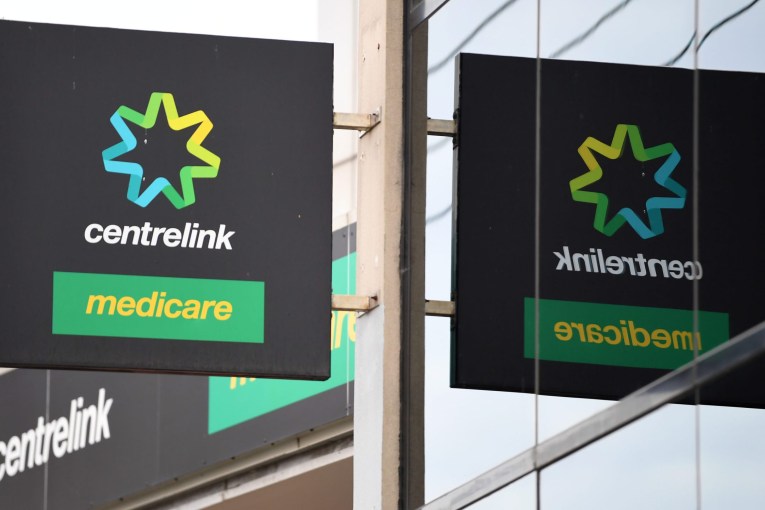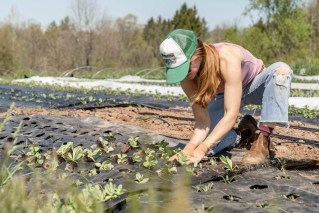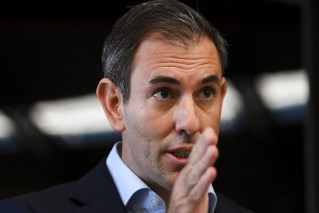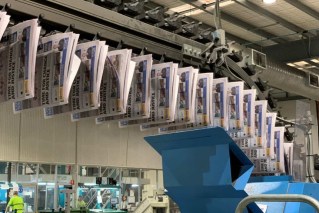Reserve vows to do ‘whatever it takes’ to control inflation
The Reserve Bank of Australia says it will do what it takes to combat inflation, which it expects will rise to a level not seen since the introduction of the goods and services tax in 2000.
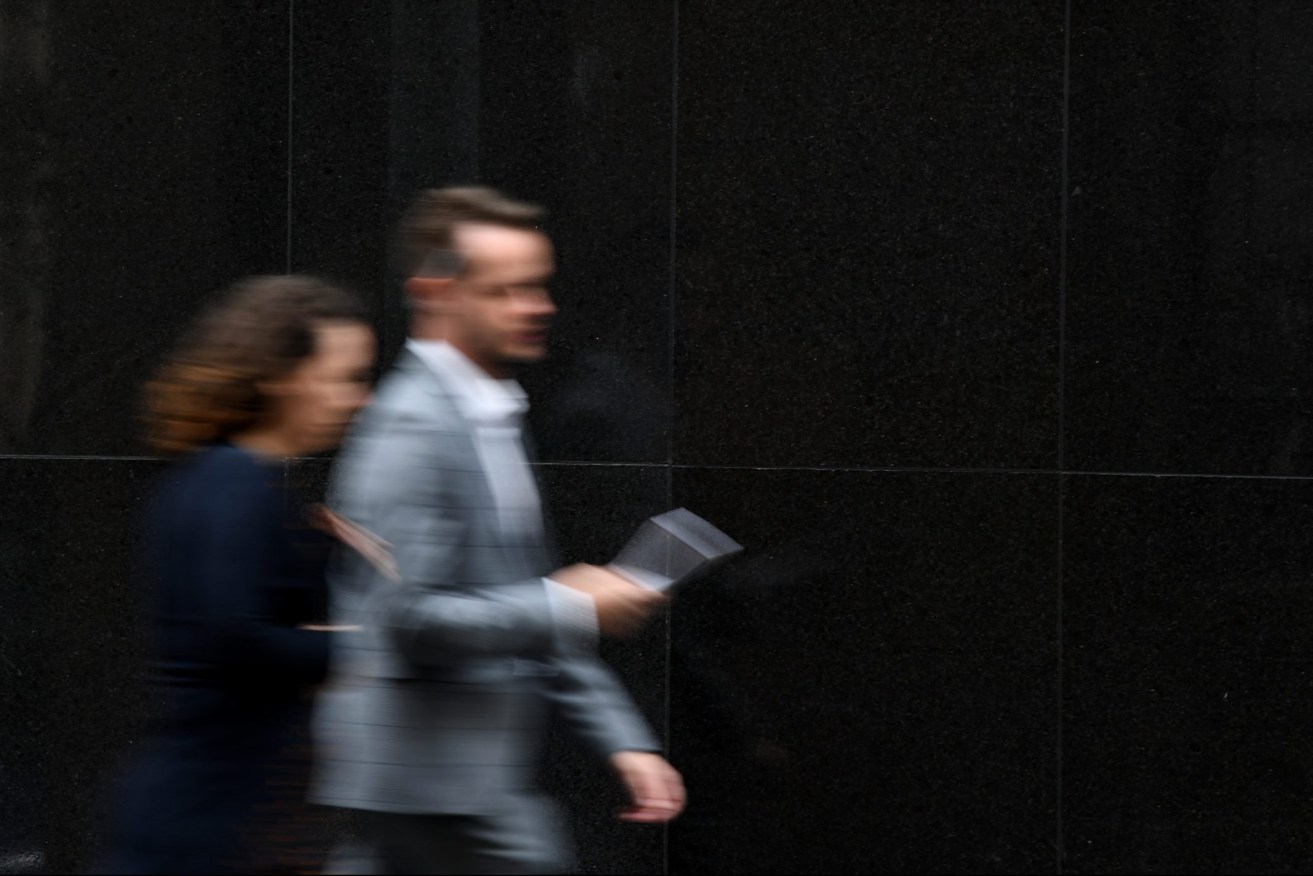
Another rate hike is expected next week (AAP Image/Joel Carrett)
In its quarterly statement on monetary policy, and just days after raising the cash rate for the first time in over a decade, the RBA also warned rising interest rates and consumer prices are expected to weigh on household budgets.
“The Board is committed to doing what is necessary to ensure that inflation in Australia returns to target over time,” the statement released on Friday said.
“This will require a further lift in interest rates over the period ahead.”
The RBA raised the cash rate to 0.35 per cent at its board meeting this week from a record low 0.1 per cent, where it had stood since November 2020.
As flagged earlier this week, the RBA expects inflation to hit six per cent by the end of the year, an upgrade from its 3.25 per cent prediction made three months ago.
This compared with the most recent result of 5.1 per cent, the fastest pace since 2001.
Underlying inflation is expected to lift to 4.75 per cent by December this year, well above the RBA’s two to three per cent inflation target.
These forecasts, along with an expected drop in the unemployment rate to 3.5 per cent next year, assume a cash rate of 1.75 per cent in the December quarter of this year and 2.5 per cent a year later.
These cash rate assumptions are derived from surveys of professional economists and financial market pricing, it said.
One factor that has been holding back the RBA from raising interest rates earlier and prior to the spike in inflation has been subdued wages growth.
“The outlook for private sector wages growth is stronger than a few months ago,” the RBA said in the statement.
“Wages growth is forecast to pick up further as labour market conditions continue to tighten.”
The latest wages growth figures are due for release on May 18.
RBC Capital Markets chief economist Su-Lin Ong felt this assessment was the key takeaway from the statement.
“It underpins a strong tightening bias and degree of urgency in needing to get rates towards neutral sooner rather than later,” she said.
The RBA expects the economy to grow by 4.25 per cent this year compared with 4.2 per cent in 2021.
“The domestic outlook is supported by the substantial boost to national income from high commodity prices and growth in private consumption and investment,” it said.
“Growth is then forecast to moderate in 2023 as extraordinary policy support is withdrawn, rising prices weigh on real income and consumption growth slows to more typical rates.”
It expects growth to slow to two per cent by the end of 2023, below the economy’s long-term trend at just under three per cent.
“Increases in interest rates and consumer prices are anticipated to weigh on households’ budgets over the forecast period, but the effect on consumption is expected to be cushioned by a decline in the household saving ratio,” it said
